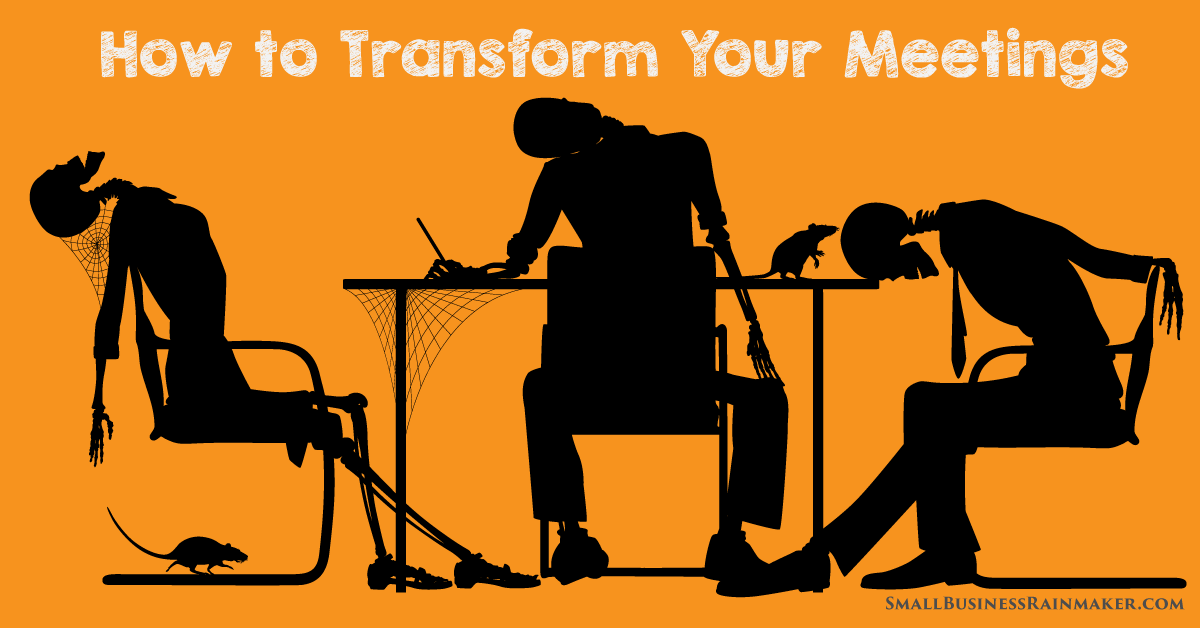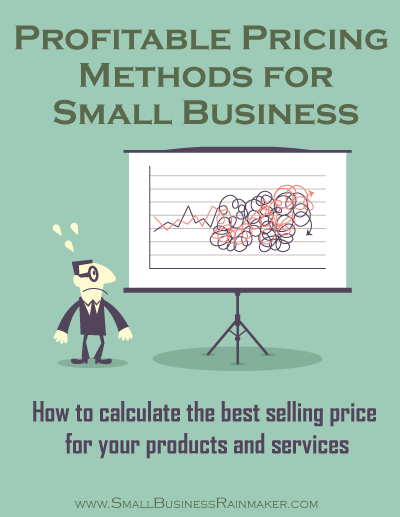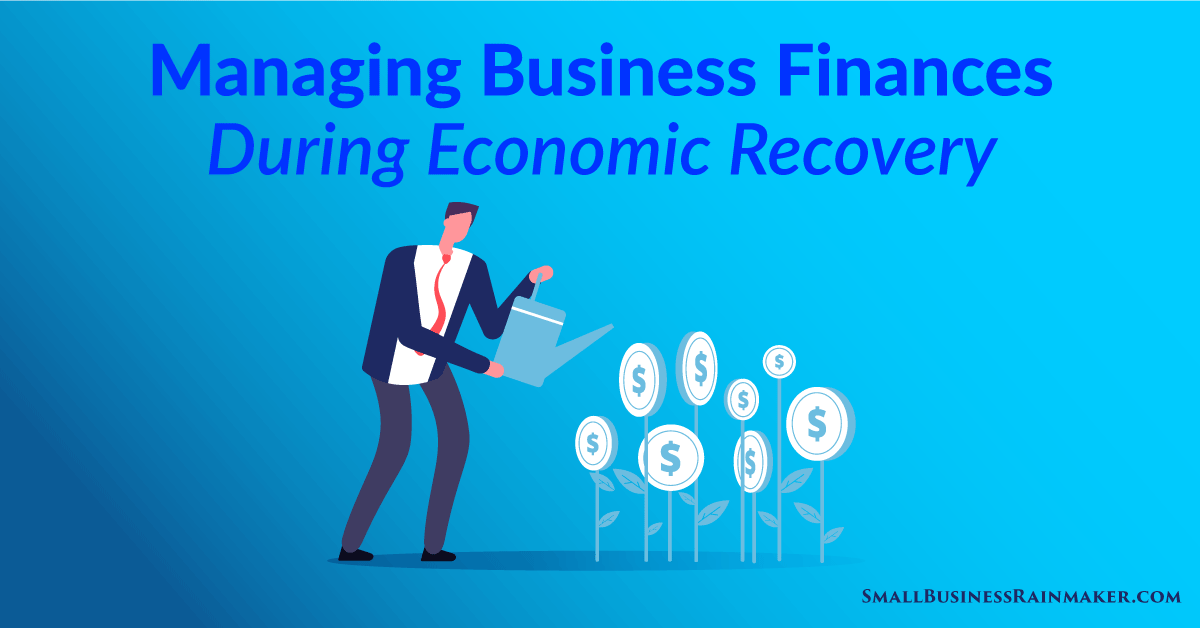
Generally, a meeting is considered successful if it achieves tangible results. Is it time to stop focusing on the outcome and more on the actual participants?
Recent research suggests this may be the case. A purposeful meeting is one that enriches hearts and minds, taking attendees to new levels.
According to findings of behavioral science, what people experience actually changes physical brain tissue. People exercise their brain through conversation, more than two-thirds of which is social. Imagine how detrimental sitting through a traditional meeting with speakers and PowerPoint presentations is to the brain!
Out with the Conventional, In with the Creative
Many managers apply traditional economic logic, viewing members of an organization as self-interested agents. They create a corresponding company culture, which fails to pay off.
Then, they come to a fork in the road: enforce stricter control to achieve desired results or be creative and design meetings according to an authentic higher purpose that helps guide decisions and intersects with company needs. If they choose the second option, they will find people trying new things, taking risks, and moving into deep learning on every level of the organization from the top down.
How Can a Facilitator Help Find That Higher Purpose?
If you ask managers what their company’s purpose is, many will say “economic growth,” “more profit,” or something else along those lines. This is only natural because it’s consistent with management strategy they’ve been taught in business school and what they’ve learned thereafter. Work is fundamentally outcome-based and profit is the goal of any company. Some organizations have documents outlining their mission, purpose, and values. While that’s a step in the right direction, are these values integrated and reflected in meetings?
Management Meeting Ideas – An Effective Meeting Checklist
Management meetings are where the most important decisions are made. By nurturing social connections, organizers can make them more purposeful. A sense of belonging has considerable influence on decision-making and behavior.
Use Storytelling
To make your messages more meaningful, tell a story, and back up the facts using data. A facilitator can help you balance the facts so meeting attendees don’t get overwhelmed. A person’s brain cannot hold an unlimited amount of information. Facilitators make plans for management meetings to avoid excessive focus on data, instead focusing on tapping the human potential.
Tap Human Potential
There’s no denying that technology is very helpful at meetings. However, people are at the core. Every organization has an untapped pool of energizing change agents – people who are goal-driven, mature, and highly positive. They are a natural inspiration to others. They’re always ready to take initiative and can help with every step of the process of establishing purpose.
To tap human potential, think about when you want attendees to narrow their focus and when to expand their attention. Leverage light and sound to create energy in the space or induce a sense of calm. One way to do this is by creating smaller stations that let participants choose how they want to engage. These are smaller focus group sessions with or without a speaker, often involving experiential learning techniques your facilitator can communicate to you.
Manage Stress
Remind your attendees to get some sleep and exercise before the meeting so they’re well-rested and ready to contribute. Mindfulness elements can help managers feel more energized and manage their stress levels.
The easiest idea is stopping at regular intervals during the meeting to remind attendees to take deep breaths. During breaks, you could stimulate the senses by providing natural light or freshly baked cookies, the smell of which is enough to invigorate people. Natural elements like these help managers think more clearly.
Determine how many people actually need to be at the meeting and avoid stressing them out by expecting them to sit still for hours on end and take data in. Ideally, data is broken down into smaller, more “digestible” pieces that can fit into 40-minute sessions.
Think about how you want attendees to feel after the meeting, then think about what can be changed or added to achieve this. This is known as “layering” feelings. Always include a meeting follow-up, for example, by emailing a summary of the meeting and the minutes where possible and necessary.
Guarantee a Positive Impact
How do you ensure a positive meeting outcome? That starts with defining a positive outcome. Whatever that may be – solving a problem, making a decision, etc. – include activities to drive new levels of connectivity and meaning.
When people are engaged, their experiences are richer, more satisfying, and more purposeful. An experienced meeting facilitator will make sure everyone present at the meeting is active and contributing. Participants’ needs must be taken into account; only then can you guarantee positive impact as well as a real and authentic experience.
Meeting facilitators can create unique, real experiences that people will want to share. This begins with giving participants choice. According to current IACC data, 4 out of 5 meeting planners’ jobs encompass experience creation to a much greater extent than two years ago. Management meetings are transforming into experiences by pinpointing suitable strategies that facilitators can help define and implement.
The Secret to a Purposeful Meeting: Experience Design
According to meeting and event exhibition leader IMEX, the theme of “purposeful meetings” will dominate the industry in the years to come. Purposeful meetings incorporate innovation, deeper meaning, and insight.
The benefits and purpose of a meeting are approached complexly. For facilitators, this means going beyond conventional meeting design by introducing elements of health, well-being, behavioral science, and technology. Above all, however, it means giving everyone choice that falls within the scope of the theme of purposeful meetings.
A Higher Purpose at Your Next Meeting
Although a higher purpose, like feeling satisfied and perceiving one’s job as meaningful, does not necessarily guarantee an immediate impact on the bottom line, many companies have shown impressive results nonetheless.
A Gartenberg study on half a million people across 429 companies, which took place over five years (2006 to 2011), indicated a positive impact on forward-looking performance measures and return on assets when the purpose was communicated clearly.
Purpose, then, is more than a chimera. Your company’s competitiveness and financial health may depend on it.
 Sylvia Peters is a collaborator for Find A Facilitator and a mother of two. She's also an expert in bringing the most credible, experienced, and personable facilitation to every meeting she attends. In her free time, you‘ll find her meditating and making her favorite salad.
Sylvia Peters is a collaborator for Find A Facilitator and a mother of two. She's also an expert in bringing the most credible, experienced, and personable facilitation to every meeting she attends. In her free time, you‘ll find her meditating and making her favorite salad.
















Leave a comment